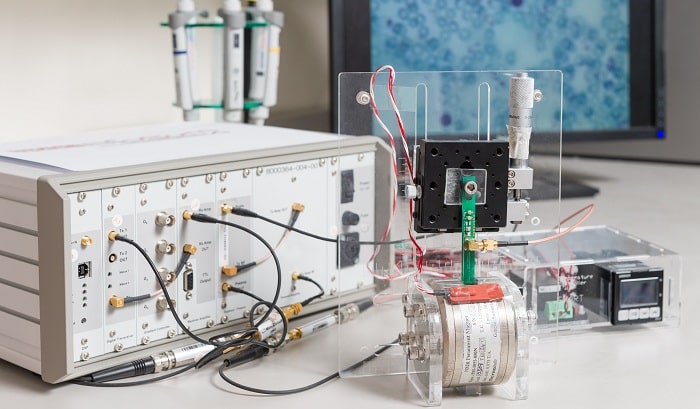
Subscribe
- Never miss a story with notifications
- Gain full access to our premium content
- Browse free from any location or device.
Media Packs
Expand Your Reach With Our Customized Solutions Empowering Your Campaigns To Maximize Your Reach & Drive Real Results!
– Access the Media PackNow
– Book a Conference Call
– Leave Message for Us to Get Back
Related stories
Latest stories
Related stories
Subscribe
- Never miss a story with notifications
- Gain full access to our premium content
- Browse free from any location or device.
Media Packs
Expand Your Reach With Our Customized Solutions Empowering Your Campaigns To Maximize Your Reach & Drive Real Results!
– Access the Media Pack Now
– Book a Conference Call
– Leave Message for Us to Get Back

















